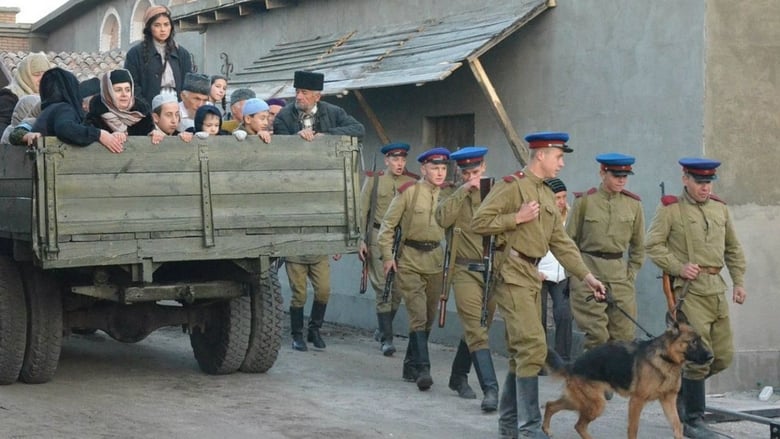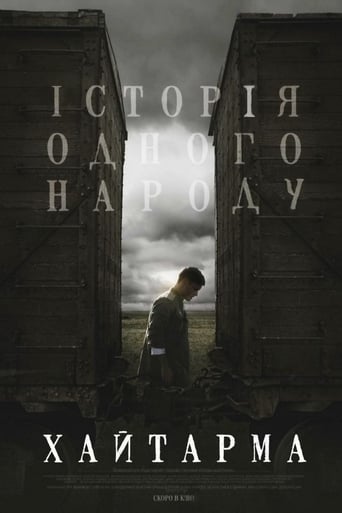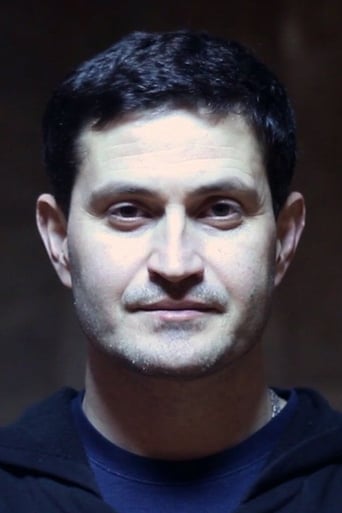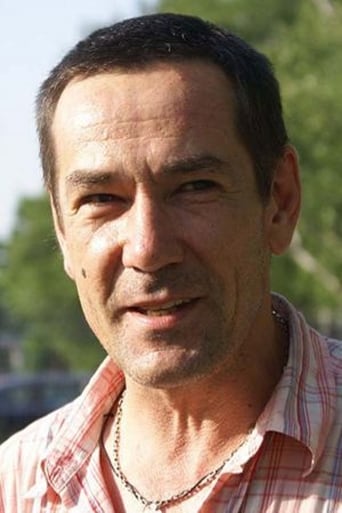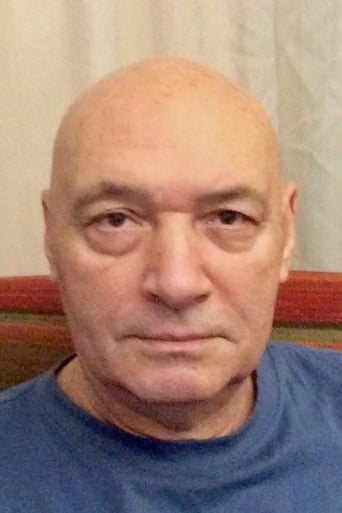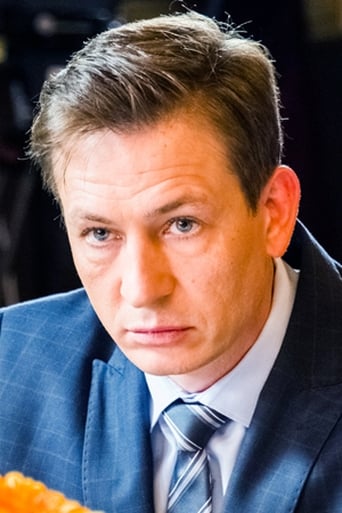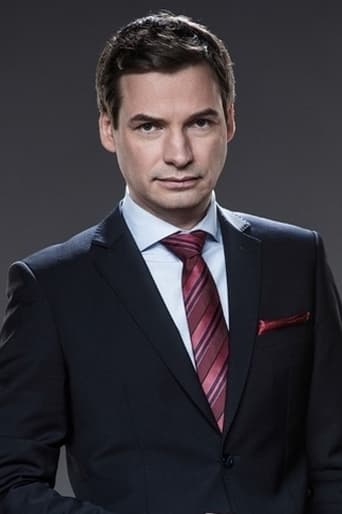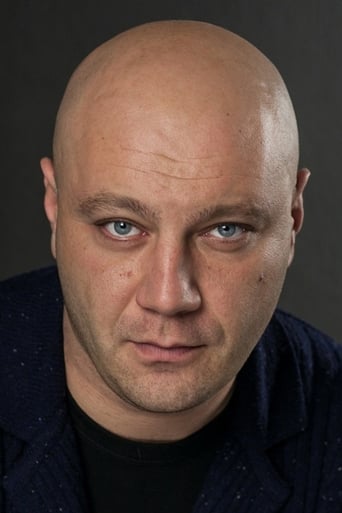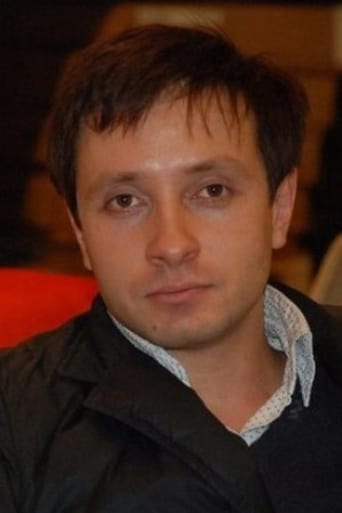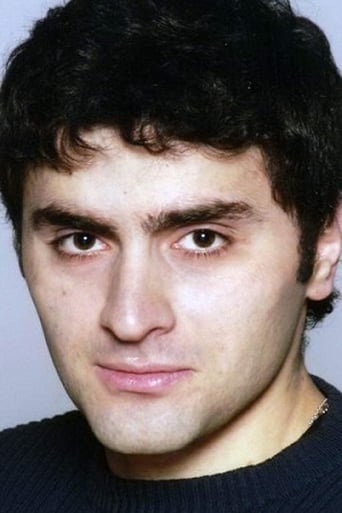The film tells about the tragic date in the history of the Crimean Tatar people — May 18, 1944 — Stalin’s deportation of the Crimean Tatars. The plot of the film — a pilot, twice Hero of the Soviet Union, Amethan Sultan. In May, 1944, a year after liberation of Sevastopol Amethan goes on vacation to his native town Alupka. On May 18 his eyes witness begining of deportation of the Crimean Tatars.
Similar titles

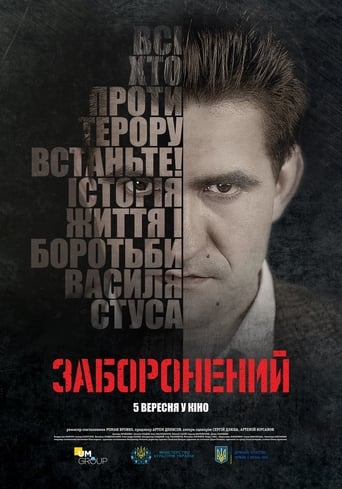
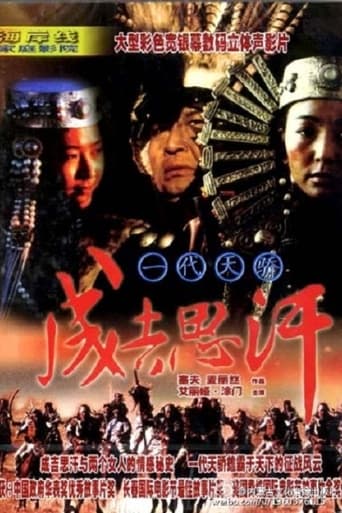
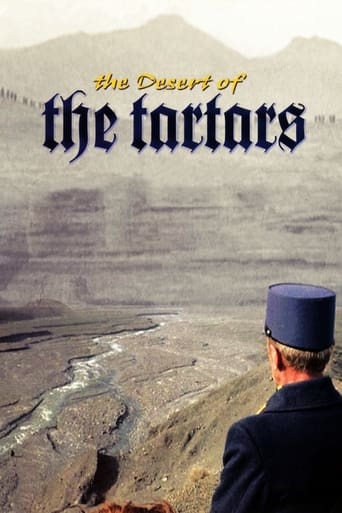
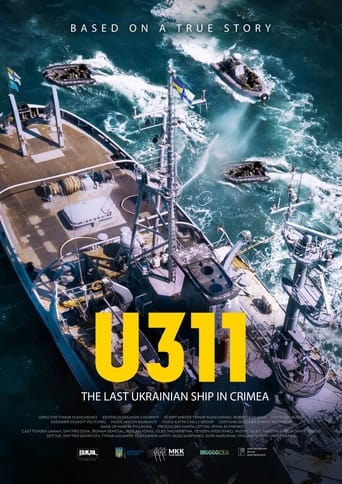
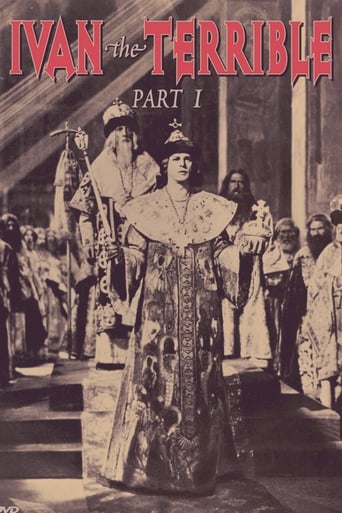

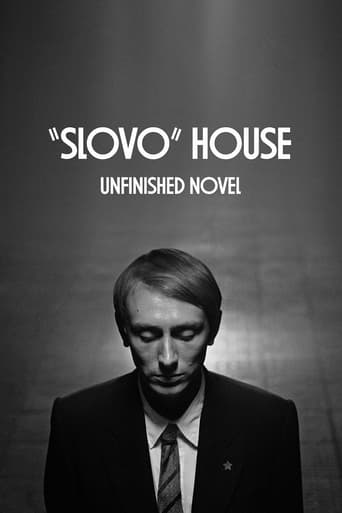
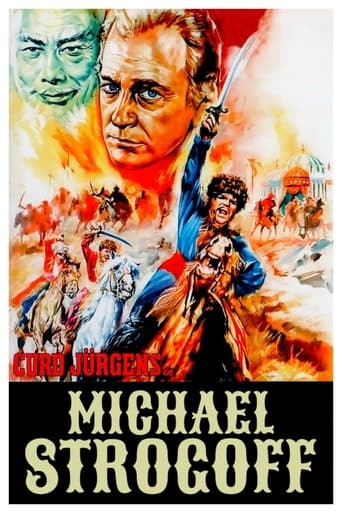
Reviews
Redundant and unnecessary.
Bad Acting and worse Bad Screenplay
As somebody who had not heard any of this before, it became a curious phenomenon to sit and watch a film and slowly have the realities begin to click into place.
The movie's neither hopeful in contrived ways, nor hopeless in different contrived ways. Somehow it manages to be wonderful
a film who could represent , for many viewers, an enigma. because it reflects a moment from a long history of a people. because it propose the end of a fight. because it has as receiver the public who knows the past of Crimean Tatars and only rediscovers the pain, the injustice, the cruelty of a decision who remains uncured. the case of Amehdan is only a crumb from the tragic deportation of one of populations from Soviet Union. and only the music, the slices of tradition, the scenes from village and the wedding remands the specificity of drama. that fact transforms the film only in homage to the families - victims under Stalin's regime. and that could be its error. and virtue. because , as start point for research, Khaytarma could be useful. not only for understand the tragedy of Tatar's deportation. but for understand a system for who the people are only details. in many occasions, insignificant details. Khaytarma is a beautiful film. and a touching homage. but, more important, it is a warning. as each testimony about the pain from the past.
piece of a long chain. remember, homage, testimony. about one of crimes from recent history. after the annexation of Crimeea by Russia, the film becomes a kind of manifesto. because it represents more than a case, first Crimeean Tatar film, a beautiful - the music has a huge role - to present a tragedy who has many another sides , many same dates for Armenians, Romanians from North Bucovina or Bassarabia, for Kurds and Jews so, it is not only a bitter story but occasion for discover the evil traces in the XX century. its great virtue is wise science of small details use. a young director who has courage and wisdom to present his community story. that is all. a film like a stop of time. who has not the ambition to impress but to be tool for not forget. because this story is, in profound sense, one of stories of each spectator of film.
This film was shown at the Bridges of the World International Film Festival in Maryland in February 2014. The following was taken from their pamphlet handed out at the theater and provides essential historical context in order to understand this movie which is based on true events.Haytarma tells the tragic, true story of the Sürgünlik, the 1944 forcible deportation of the Crimean Tatars by Stalin to other parts of the USSR. 18 May 2014 commemorates the 70th anniversary of one of the world's most frighteningly rapid and thorough ethic cleansing. Over three days, the entire Crimean Tatar population of about 195,000 was relocated to Siberia, the Urals, and Central Asia. It has been estimated that 110,000 individuals died of hunger, exposure, and disease during transportation and the first year of resettlement. This "special operation" remains a controversial topic (as evidenced by the public outcry following Russian Consul Vladimir Andreyev's recent comments that Haytarma distorted historical truth). Many Russians insist all Tatars betrayed the USSR by collaborating with the Nazis and thus were an enemy nation; the Tatars insist that such a sweeping (and false) accusation served as an excuse for culturally, religiously, geographically, and economically motivated genocide.Haytarma follows the real life experiences of Major Amet-Khan Sultan (played by Akhtem Seitablaev who is also the director), a fighter pilot in the Red Army and twice-decorated Hero of the Soviet Union. Given a three-day leave of duty, he and two friends travel to Sultan's home town of Alupka which lies just a little south of Yalta along the coast. They arrive on 16 May and after a celebratory homecoming are swept into the chaos and terror of the Sürgünlik.Haytarma is not only important as the first Crimean Tatar language feature film (financed by ATR TV, the Crimean Tatar independent television channel) but as an example of the politics of memory. The interplay between government policies, popular culture, social norms, ethnic/racial differences, and individual and collective experiences influence how events are remembered and the way history is written. If something is forgotten or discarded, it fails to enter historical record. Haytarma, like Shoah (1985), A Cry From the Grave (1999), Ararat (2002), and Katyn (2007), resurrects an event that has been politically and historically swept under the carpet. The film is "dedicated to our ancestors without whom our memory and culture would not exist." In short, the film hopes to help reconstruct the identity of the Crimean Tatars who since 1989 have been officially allowed to return to their ancestral homeland. "Haytarma" translates as "return" and is also the name of a Crimean Tatar folk dance symbolizing the eternal course of life.
i'm being generous with the "4". while the movie has gorgeous video, there simply is no plot, no story line. i'm thinking the version i watched in ukrainian, but could have been Russian. regardless, i really saw no story or plot unfolding. i should add their were no subtitles. this is usually no problem when watching Chinese movies. some things are self evident and Chinese movies are so heavy with melodrama that you are saying "enough already" before the conclusion.my interest in the movie is because my father in law is ukrainian. he is not from crimea, but i pick up knowledge of the country in bits and pieces. while i can deduce that soviet authorities are directing the expulsion of these people, i am told nothing of who the people are, their history, what is the cause of the expulsion, etc. the movie did encourage me to google, where i find the population is Muslim and the russians have some proof that they were nazi collaborators. as confusing and complex as ukraine is, i know further research won't yield an answer of one side being "right". the movie offers no help in that respect.
Top Streaming Movies











